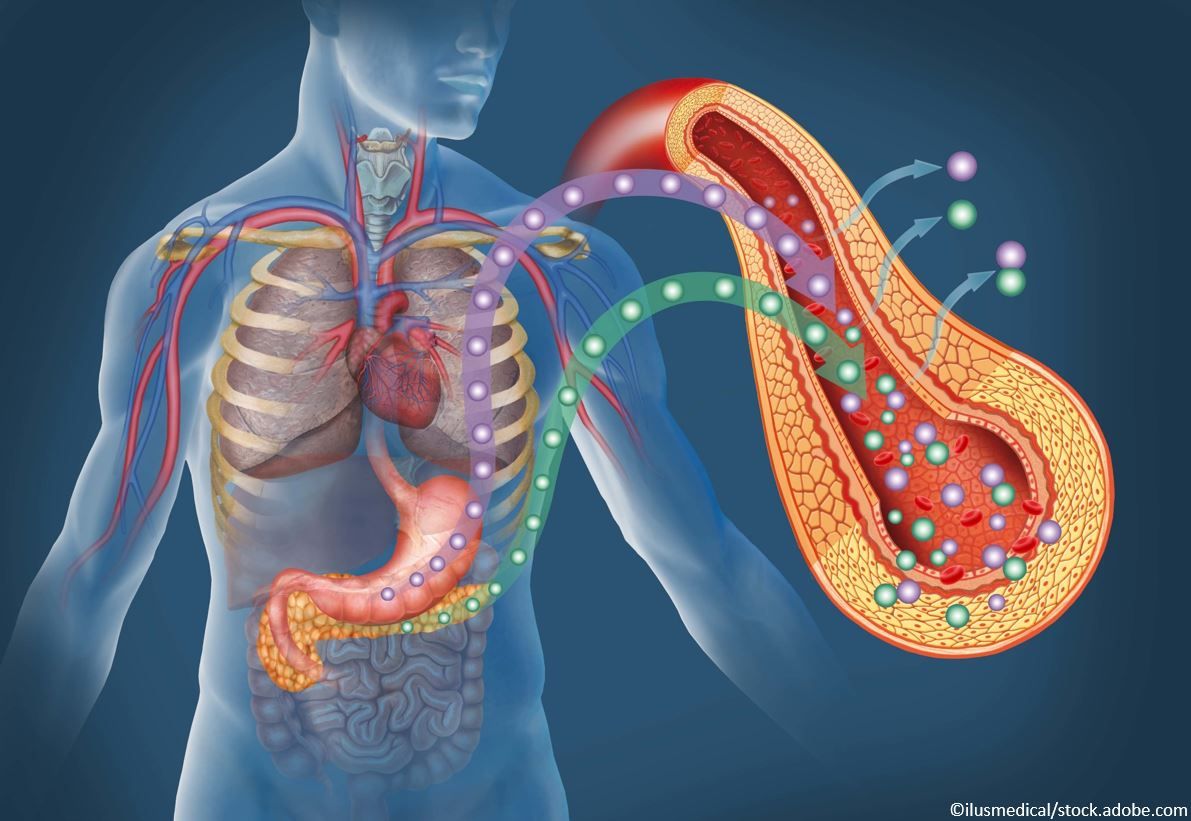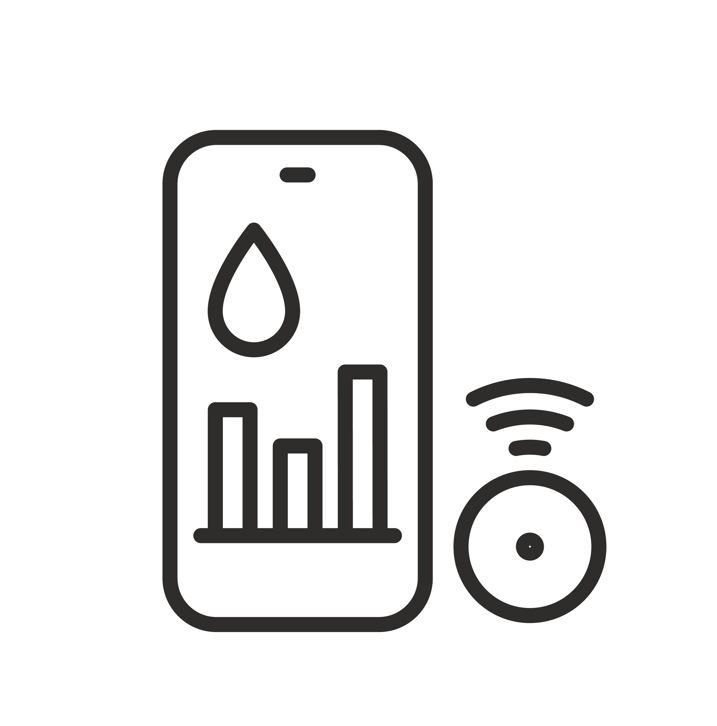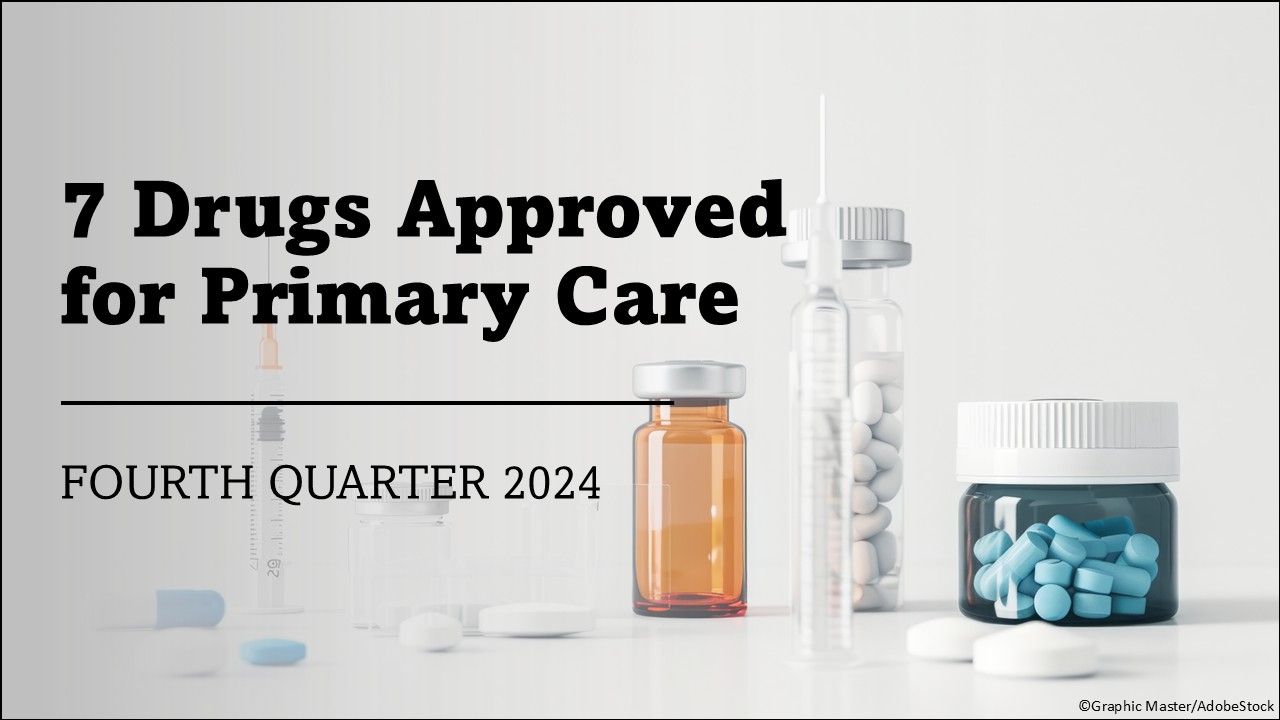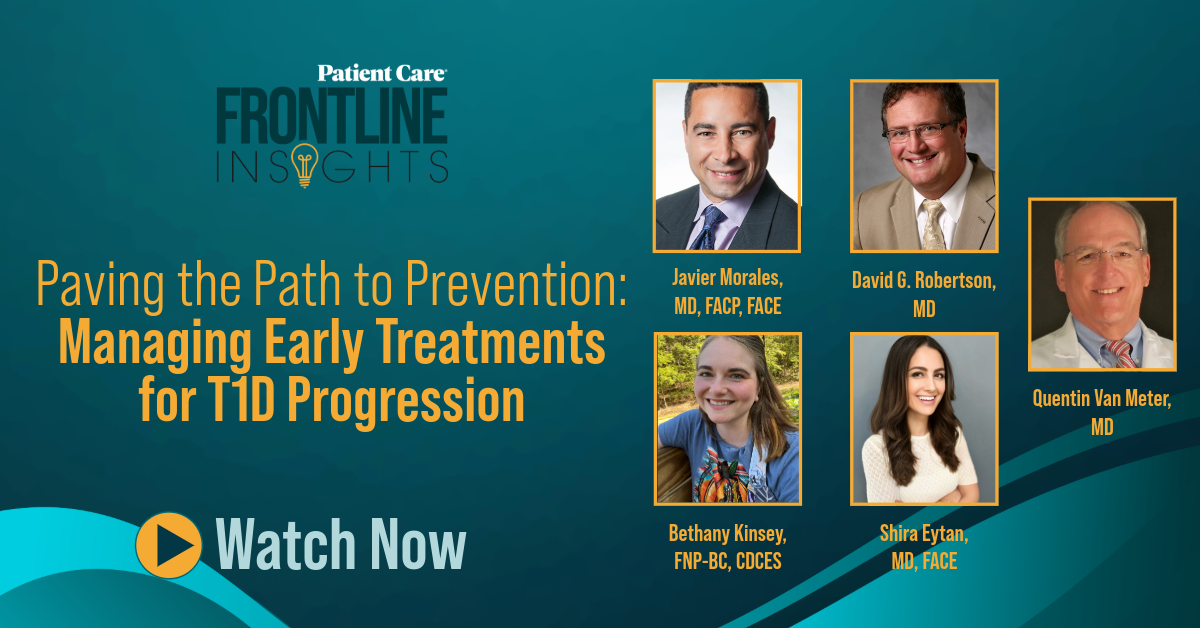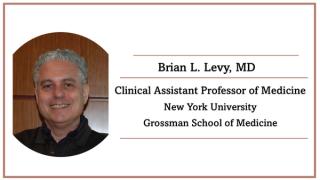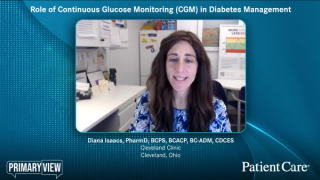
Diabetes
Latest News
Latest Videos

CME Content
More News
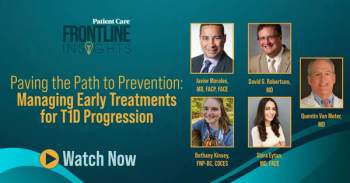
Panelists discuss how patient selection for teplizumab therapy requires screening for specific autoantibodies and stages of Type 1 diabetes, followed by a standardized 14-day outpatient infusion protocol with careful monitoring for side effects.

Panelists discuss how teplizumab, the first FDA-approved disease-modifying therapy for Type 1 diabetes, can delay disease onset by targeting CD3+ T cells and preserving beta cell function in high-risk individuals.

Panelists discuss how islet autoantibody testing serves as a critical screening tool for identifying Type 1 diabetes risk, with tests detecting antibodies against insulin, GAD65, IA-2, and ZnT8 proteins being the most clinically validated markers.
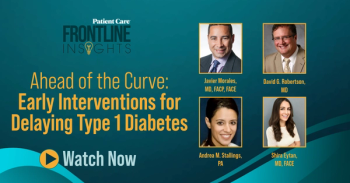
Panelists discuss how patient selection for teplizumab therapy requires careful screening for autoantibody positivity and preserved C-peptide function, followed by a 14-day outpatient infusion process that needs close monitoring for cytokine release syndrome and other potential adverse effects.

Panelists discuss how teplizumab demonstrated efficacy in clinical trials by delaying type 1 diabetes onset in high-risk patients.

Panelists discuss how teplizumab binds to T cells and modifies their function to preserve beta cell function, potentially delaying type 1 diabetes onset in at-risk individuals by an average of 2-3 years.

Panelists discuss how screening for autoantibodies can help identify individuals at risk for type 1 diabetes before symptoms develop, enabling earlier intervention and potentially delaying disease onset.

Your daily dose of the clinical news you may have missed.

Donna Ryan, MD, discusses the most significant clinical trials published this year in the field of obesity medicine.

The FDA has approved the first generic once-daily GLP-1 injection for the improvement of glycemic control for type 2 diabetes in patients 10 years and up.

Panelists discuss how delaying intervention during Stage 2 Type 1 diabetes increases the risk of diabetic ketoacidosis and complications at diagnosis, while also potentially accelerating beta cell destruction and reducing the window for preservation therapies.

Panelists discuss how Type 1 diabetes progresses through distinct stages, from initial autoimmunity with normal blood glucose (Stage 1), to dysglycemia without symptoms (Stage 2), to clinical diagnosis with symptoms (Stage 3), marking critical intervention points for treatment and management.

Panelists discuss how screening for Type 1 diabetes should focus on identifying high-risk individuals through family history, genetic markers, and autoantibody testing, while emphasizing the importance of early detection to prevent diabetic ketoacidosis at diagnosis.

Panelists discuss how delayed intervention in stage II type 1 diabetes can accelerate β cell destruction, leading to more severe clinical onset, increased risk of serious complications like diabetic ketoacidosis, and poorer long-term outcomes.

Panelists discuss how type 1 diabetes progresses through distinct stages, beginning with asymptomatic autoantibody presence, followed by dysglycemia, and ultimately manifesting with classic symptoms like excessive thirst, frequent urination, and unexplained weight loss.

Panelists discuss early testing with autoantibody screening for type 1 diabetes in at-risk individuals, particularly those with family history or genetic predisposition, to avoid DKA at diagnosis and allow time for patient and family preparation.

Panelists discuss the burden of living with type 1 diabetes, including high levels of stress and anxiety and talk about how they help patients manage the daily requirements.

Panelists discuss how Type 1 diabetes imposes significant physical, emotional, and financial burdens on patients through the lifelong need for insulin therapy, blood glucose monitoring, lifestyle modifications, and management of potential complications.
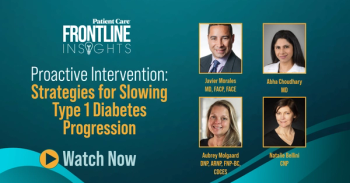
Panelists discuss how teplizumab infusion requires specialized medical facilities equipped to manage intravenous therapy, monitor for potential adverse effects, and provide appropriate care during treatment to ensure patient safety and efficacy.

Panelists discuss how teplizumab, an anti-CD3 monoclonal antibody, delays the onset and progression of type 1 diabetes by modulating immune response and preserving ß-cell function in high-risk individuals.

Panelists discuss screening for T1D for individuals at higher risk, such as those with a family history of T1D, autoimmune conditions, or certain genetic markers, to identify early signs of the disease and enable timely intervention.

Panelists discuss how antibody screening tests for type 1 diabetes (T1D), including tests for insulin autoantibodies (IAA), glutamic acid decarboxylase (GAD) antibodies, and other markers can help identify individuals at risk for developing the disease before clinical symptoms appear, enabling earlier monitoring and potential intervention.

Panelists discuss how delaying intervention in stage 2 type 1 diabetes, when dysglycemia is present but clinical symptoms have not yet developed, can lead to further ß-cell deterioration and worsen long-term glycemic control, ultimately increasing the risk of complications.

Panelists discuss how the progression of type 1 diabetes unfolds through distinct stages, from the preclinical phase of autoimmunity to the onset of clinical diabetes, emphasizing the importance of early detection and intervention to improve patient outcomes.

Panelists discuss how adhering to screening guidelines for type 1 diabetes enables early detection and intervention, improving patient outcomes and delaying disease progression through timely treatments like teplizumab.

